Aliquots
-

Dialing down the mercury
Antioxidant compounds may counteract the neurotoxic effects of methylmercury, new research suggests. Read MoreApr 14, 2011
-

Mouse study offers clues for childhood obesity
An obesity-associated genetic variation makes fatty food more rewarding yet less satisfying, new research in mice suggests. Read MoreApr 13, 2011
-

Gene ups risk for needing pacemaker
Researchers have identified a gene that increases the risk for developing sick sinus syndrome – the most common cause for implanting a cardiac pacemaker. Read MoreApr 1, 2011
-

How young brains make sense of senses
The brain’s ability to process multiple sensory inputs continues to develop well into childhood, a recent study shows. Read MoreMar 31, 2011
-
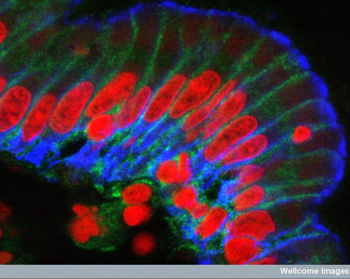
Protein combos keep cells straight
Researchers define the protein interactions that establish our organs' lining. Read MoreMar 18, 2011
-
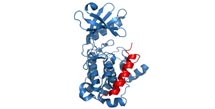
Spying on shape-shifting enzyme
New molecular views of an enzyme may inform therapies for neurological, psychiatric or cardiac diseases. Read MoreMar 18, 2011
-

Smell test tells disorders apart
Patients with certain autonomic nervous system disorders have impaired odor identification, which could aid in diagnosis. Read MoreMar 17, 2011
-
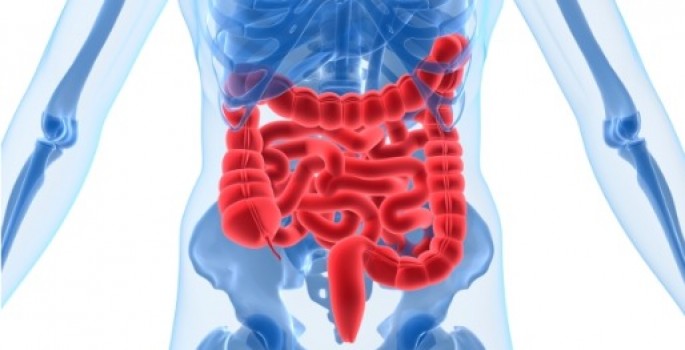
Enzyme protects against inflamed colon
Increasing an enzyme required for a type of colon tissue may help dampen inflammation, a known risk factor for colon cancer. Read MoreMar 7, 2011
-
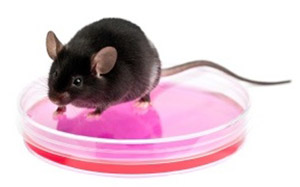
Chasing Foxd3’s role in stem cells
Researchers use genetic manipulations in mice and single-cell analyses to help explain stem cell regulation. Read MoreMar 4, 2011
-

Worm gene function? Check the map.
New gene expression atlas created for roundworms provides a basis for establishing roles for individual genes in the development of specific cell types. Read MoreMar 3, 2011
-
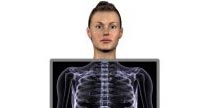
A better picture of bone strength
A component of some MRI scans reveals that "soft" components, like collagen and collagen-bound water, are important players in bone strength. Read MoreMar 2, 2011
-

Protein ‘scissors’ cut path for cancer
The protein matriptase "cuts" a key component of the prostate tissue barrier and may be involved in prostrate cancer progression, new research finds. Read MoreFeb 22, 2011
-

Getting left-right asymmetry right
The protein Nodal has been found to hold the keys to vertebrate asymmetry. Read MoreFeb 17, 2011
-
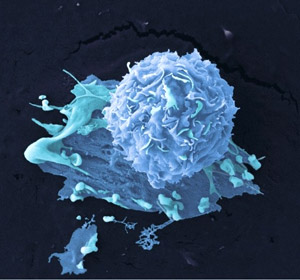
Integrin curbs cancer’s spread
Cell surface molecules called integrins have been found to play an important role when cancer metastasizes. Read MoreFeb 16, 2011
-
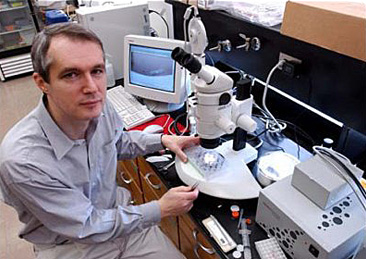
Fluorine aids gene silencing
Modifying a form of RNAs may improve their efficacy for research and medical uses. Read MoreFeb 15, 2011
-
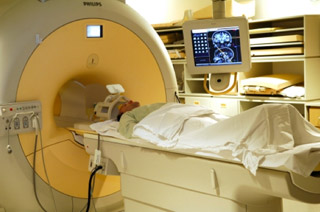
Seeing serotonin neurons in action
The Vanderbilt MRI Labs Physics / Imaging Department (Anne Rayner / Vanderbilt) Serotonin – a chemical that has roles in multiple brain functions, including mood, sleep and cognition – is manufactured by clusters of brainstem neurons gathered in the raphé nuclei. A reliable, non-invasive imaging method for assessing raphé neuron… Read MoreFeb 9, 2011
-

BPA exposure tests in question
The industrial chemical BPA is found in commercial products, such as plastic water bottles. (iStock Photo) The safety of industrial chemicals bisphenol A (BPA) and alkylphenols, which are used in commercial products like plastics, has recently been called into question. Exposure to these chemicals is typically measured… Read MoreFeb 8, 2011
-
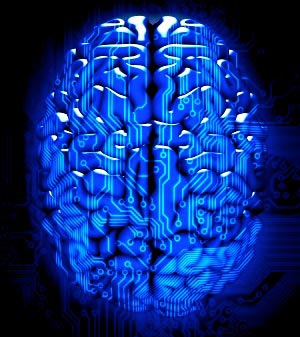
Mapping obesity circuitry in brain
(Photo credit: iStock photo) In the battle of the bulge, one important battalion is a set of brain cells expressing the melanocortin-4 receptor (MC4R). Via signals from the fat-derived hormone leptin, these neurons regulate feeding behavior and fat metabolism in an attempt to regulate body weight. But how leptin influences… Read MoreFeb 7, 2011
-

Aliquots – VUMC research highlights
RSV prefers stressed cells “Stress granules” – globs of proteins and RNAs – form inside cells in response to environmental stressors and are thought to regulate protein production. Several viruses induce stress granule formation, but the function of these structures during virus replication is not well understood. James Crowe Jr.,… Read MoreJan 6, 2011